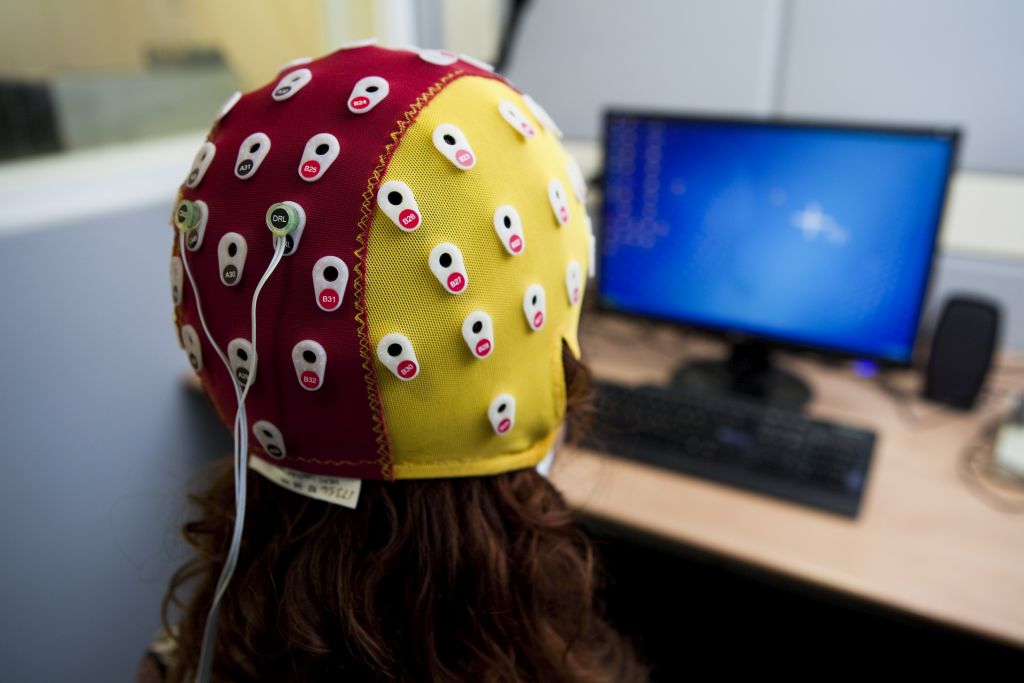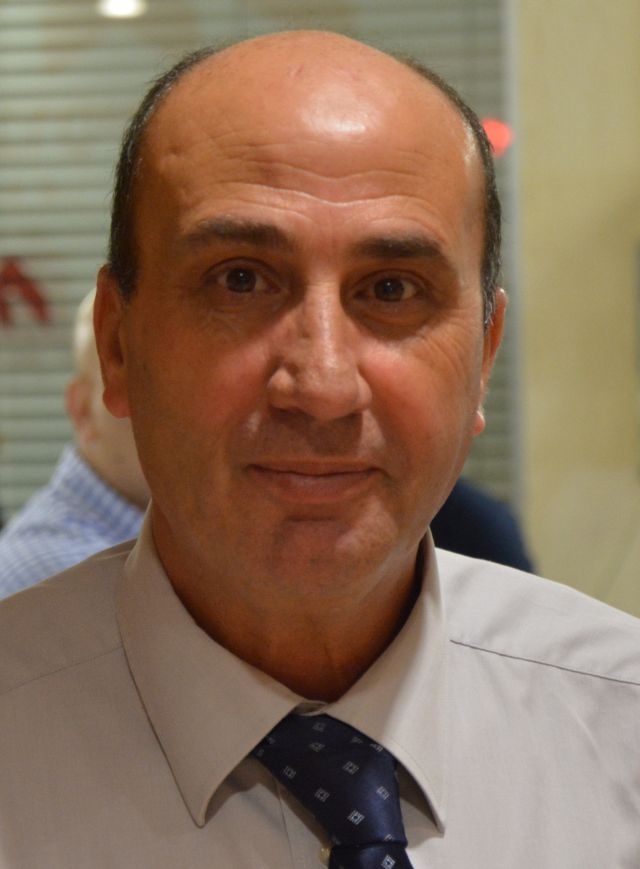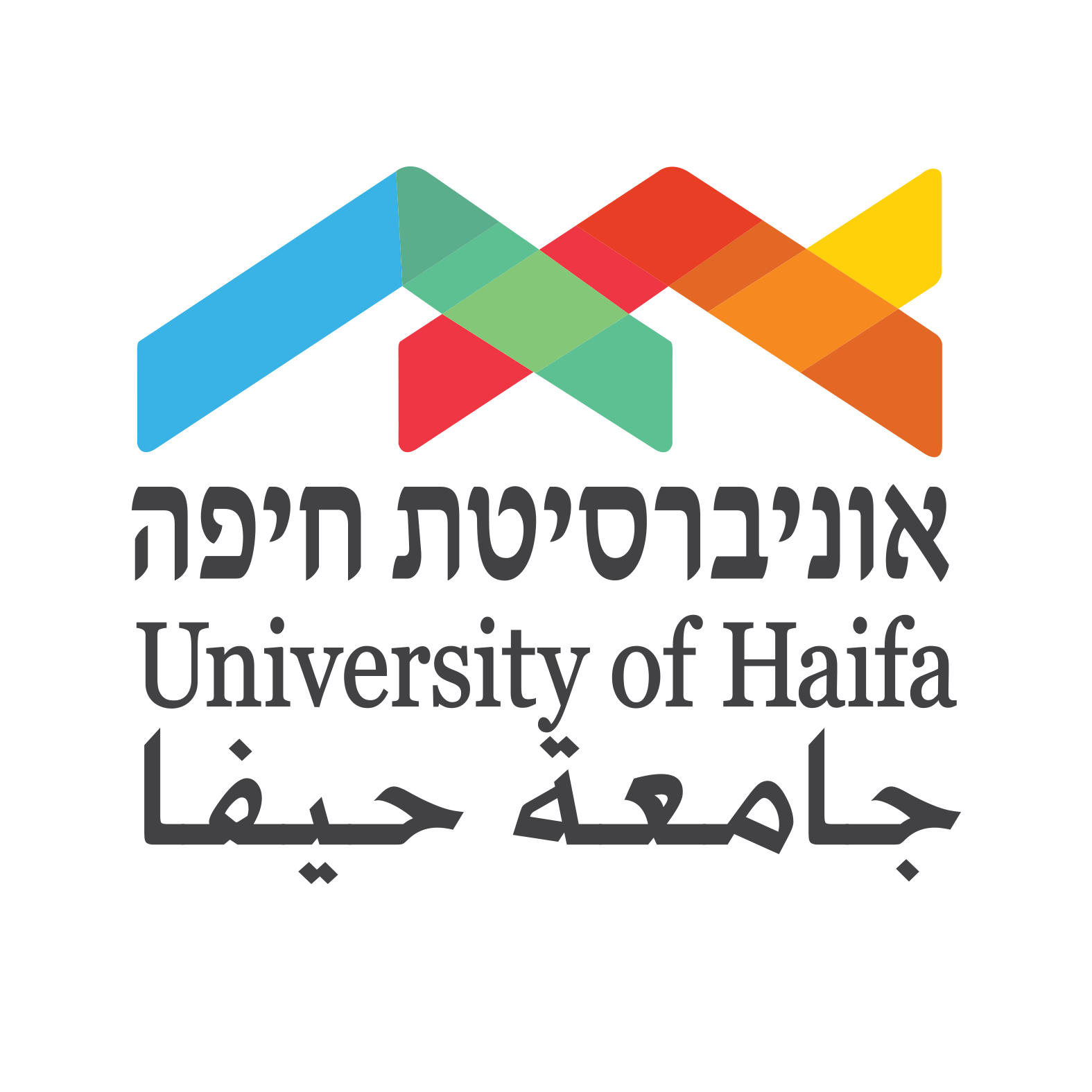
Early-literacy study to improve diagnosis and treatment
of learning disabilities among Hebrew and Arabic speakers
Dedicated to enabling all children to reach their full potential, the Edmond J. Safra Brain Research
Center for the Study of Learning Disabilities is currently pioneering a comprehensive study on early
literacy in Hebrew and Arabic languages. Research results are being used to develop cutting-edge
interventions that will provide all children with a head start in school.
“A new large-scale early literacy research project is currently underway that will follow and study a total of 2,000
Hebrew and Arabic speaking children over a four-year period,” explains Prof. Asaid Khateb, Director of The Edmond J.Safra Brain Research Center. “We hope it will shed light on the natural course of Hebrew and Arabic literacy development
of typical, as well as at-risk learners, from kindergarten through second grade.” Outcomes of the study, led jointly by
Prof. Khateb and Prof. David Share of the Department of Learning Disabilities, are expected to have a significant impact
on Israeli education and health care systems. “It will introduce validated assessment tools and performance norms for the
early identification of at-risk learners, as well as tailored materials and educational content for teachers to help students with
learning difficulties from diverse language backgrounds,” adds Prof. Khateb.
Arabic is the fourth most prevalent language in the world, spoken by nearly 400 million people, yet surprisingly, there have been
virtually no comprehensive longitudinal studies conducted on the development of literacy skills in Arabic. Researchers at the
Edmond J. Safra Brain Research Center pioneered the development of the first computerized diagnostic and remedial tools
specifically adapted for Arabic speakers.
New insights into the Semitic languages Hebrew and Arabic, with their unique linguistic structures, also promise to contribute to
our understanding of early childhood learning processes and of the conditions leading to literacy and numeracy difficulties that,
until now, have focused almost exclusively on speakers of English and other European languages.

Established with the generosity of Mrs. Lily Safra and the Edmond J. Safra Philanthropic Foundation in 2008 at the University of Haifa, the Center has evolved to become a world-renowned research, training and teaching center. Mrs. Lily Safra and her late husband, Edmond J. Safra (z”l), have been longstanding friends of the University and have generously supported research in the biological sciences.
The University honored Mrs. Lily Safra with an Honorary Doctorate in 2009 for her charitable activities supporting projects related to education, science and medicine, culture and humanitarian relief in Israel and around the world.
Mrs. Lily Safra
Since its conception ten years ago by founding visionary Prof. Zvia Breznitz (z”l), the Center has trained more than 1,000 teachers
and led to the development of scores of training programs implemented in schools serving Arabic-speaking communities throughout Israel.
The Edmond J. Safra Brain Research Center for the Study of Learning Disabilities is a unique academic institute in Israel bringing together
broad interdisciplinary expertise in the fields of early learning, skill acquisition, brain sciences and developmental disorders.

Prof. Asaid Khateb, is the Head of the Unit for the Study of Arabic Language and the Director of The Edmond J. Safra Brain Research Center for the Study of Learning Disabilities. He was recently appointed to the Israel Council for Higher Education.
Further Reading:
Finance and Behavioral Economics Research Center (FiBER): Harnessing Real-Life Data to Understand Investment Behavior
Tauber Bioinformatics Research Center (TBRC): Big Data Mining and Analytics - Key to Advancing the Field of Precision Medicine
Cyber, Law and Policy Research Center: Spearheading Israel’s Legal Strategies in New Digital Ecosystems

